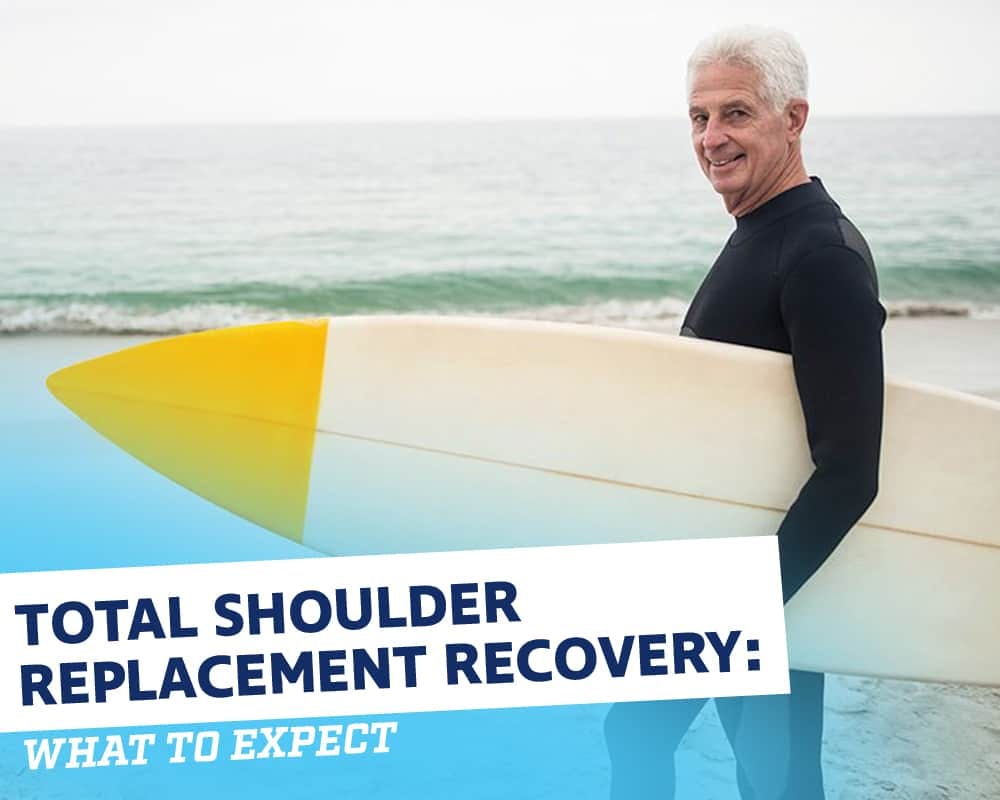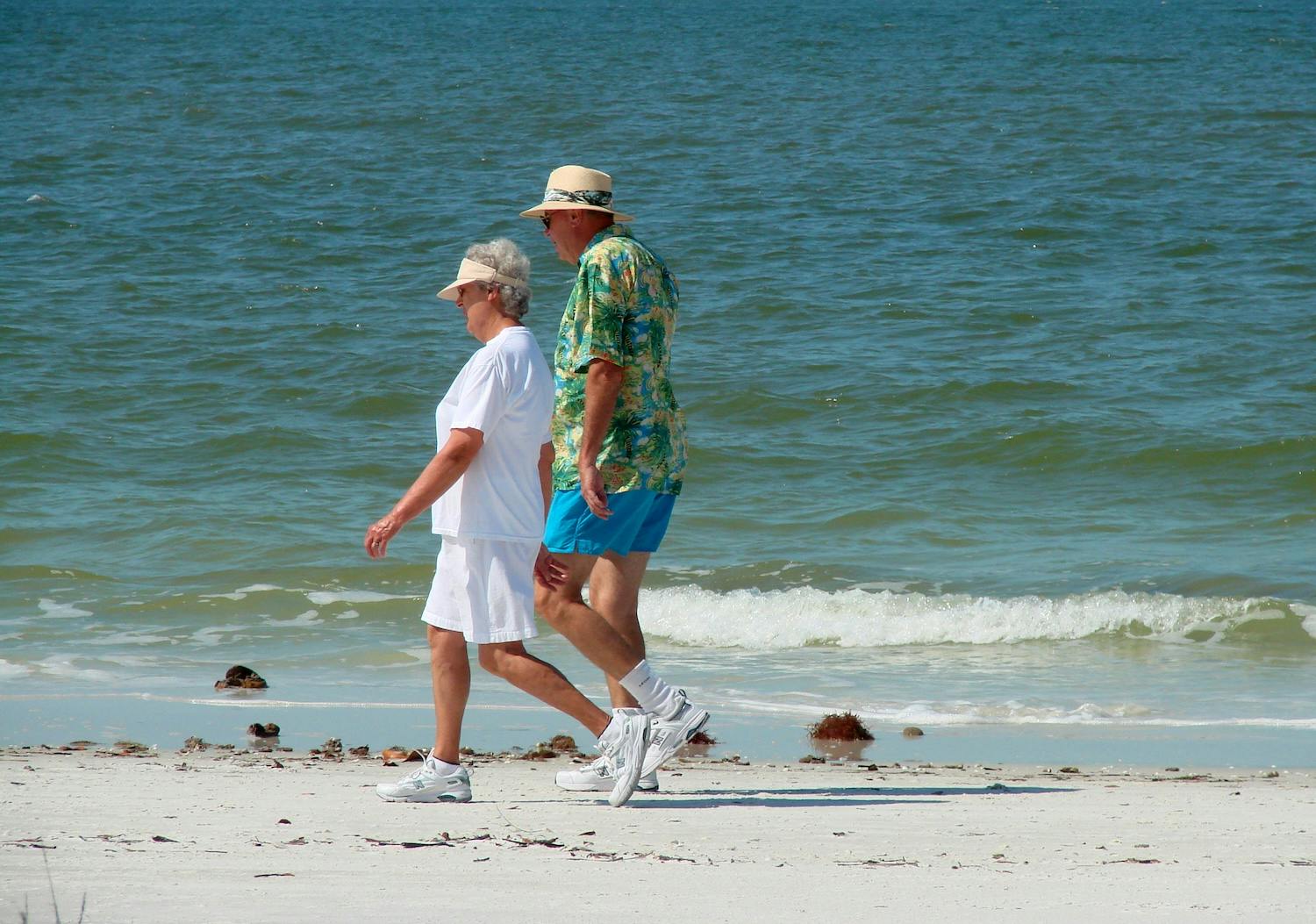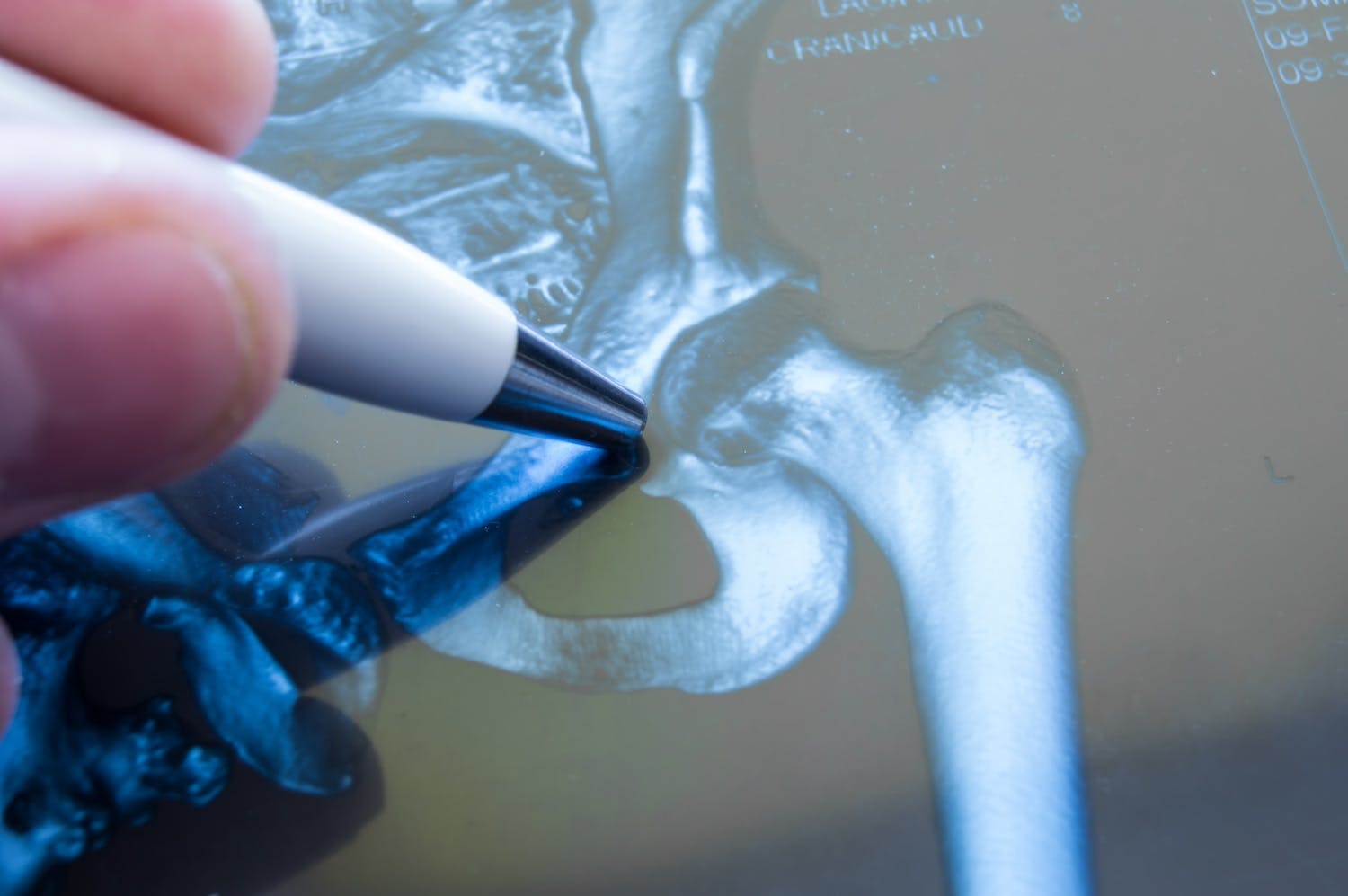- Blog
Total Shoulder Replacement Recovery: What to Expect
Posted on 01-29-2026 in Shoulder & Total Shoulder Replacement by Dr. Chris O'Grady

Posted on 01-29-2026 in Shoulder & Total Shoulder Replacement by Dr. Chris O'Grady
A full recovery from a total shoulder replacement surgery takes patience, time and hard work. By knowing what to expect following surgery, a successful recovery is more likely. Individuals who are experiencing pain due to degenerative arthritis or who have injured their shoulder should consider a total shoulder replacement with Board Certified Orthopaedic Surgeon Dr. Christopher O’Grady.
Total Shoulder Replacement Surgery
If shoulder replacement surgery is determined to be the best treatment option, individuals need to prepare for their recovery. Dr. O’Grady will clean out the damaged joint and fit the prosthetic pieces during the procedure; however, patients need to commit to abiding by their follow-up care instructions and physical therapy program to ensure a proper recovery.
Patients should plan ahead for their at-home recovery by:
Each patient is unique; therefore, his or her post-surgery experience is too, however, the basic timeline below provides patients with an overview of recovery following a total shoulder replacement surgery with Dr. O’Grady.
Following Surgery
What to expect directly after surgery:
Patients who do stay in the hospital will be given exercises to perform to:
Patients receive pain medication, aspirin to prevent blood clots and anti-inflammatory medicine to decrease swelling. Dr. O’Grady recommends that his patients only take the pain medication when they are experiencing pain.
Dr. O’Grady will determine when the patient is ready to head home. Typically, patients who remain in the hospital can move well enough to head home within two days.
The First Week After Total Shoulder Replacement Surgery
During the first week after surgery:
Two to Four Weeks After Surgery
Two to four weeks following surgery:
Six Weeks After Surgery
Once the patient regains full shoulder movement, he or she will probably be able to resume driving. Dr. O’Grady may also permit the patient to return to work, depending on the physical activity necessary to perform his or her job. Patients will also begin strengthening exercises at this time.
Many times, it takes from three to six months for the shoulder to heal. Regaining full strength and range of motion can take up to a year.
Three Months After Surgery
Three months after surgery the patient’s range of motion increases and pain begins to diminish. Therefore, he or she can usually return to normal daily activity and a moderate workout routine. However, contact sports still need to be avoided.
Six Months After Surgery
Once six months have passed, patients are ready to ‘graduate.’ At this point, the majority of patients are pain-free; however, some patients do experience aches related to the weather.
Individuals suffering from shoulder pain who reside in the Pensacola area should contact North Florida Bone & Joint Specialists today. Dr. Christopher O’Grady is an Orthopaedic Surgeon who is dedicated to helping those experiencing shoulder pain. Seeking treatment is critical to ensuring the damage occurring to the shoulder is addressed. Click here to schedule an appointment at North Florida Bone & Joint Specialists

September is Healthy Aging Month, an observance dedicated to promoting the positive aspects of growing older and encouraging proactive steps toward maintaining long-term health. In its 33rd year, Healthy Aging Month inspires adults of all ages to focus on lifestyle habits that support vitality, independence and overall well-being.

Ischiofemoral Impingement (IFI) is a lesser-known but often painful condition affecting the hip joint. This condition arises when the ischium (a bone in the pelvis) and the femur (the thigh bone) come into abnormal contact, which compresses soft tissues surrounding the hip. While the discomfort typically manifests in the buttocks or groin, particularly when moving the hip or walking, it can also present as low back pain, making it challenging to diagnose early. Additional symptoms and causes include discomfort during prolonged sitting, reduced range of motion, stiffness and/or tightness in the hip area.

May is Arthritis Awareness Month, an opportunity to increase public understanding of arthritis and its impact on millions of lives. Established by the Arthritis Foundation, this national observance highlights the importance of early diagnosis, effective treatment, and ongoing research to improve the quality of life for those with arthritis.